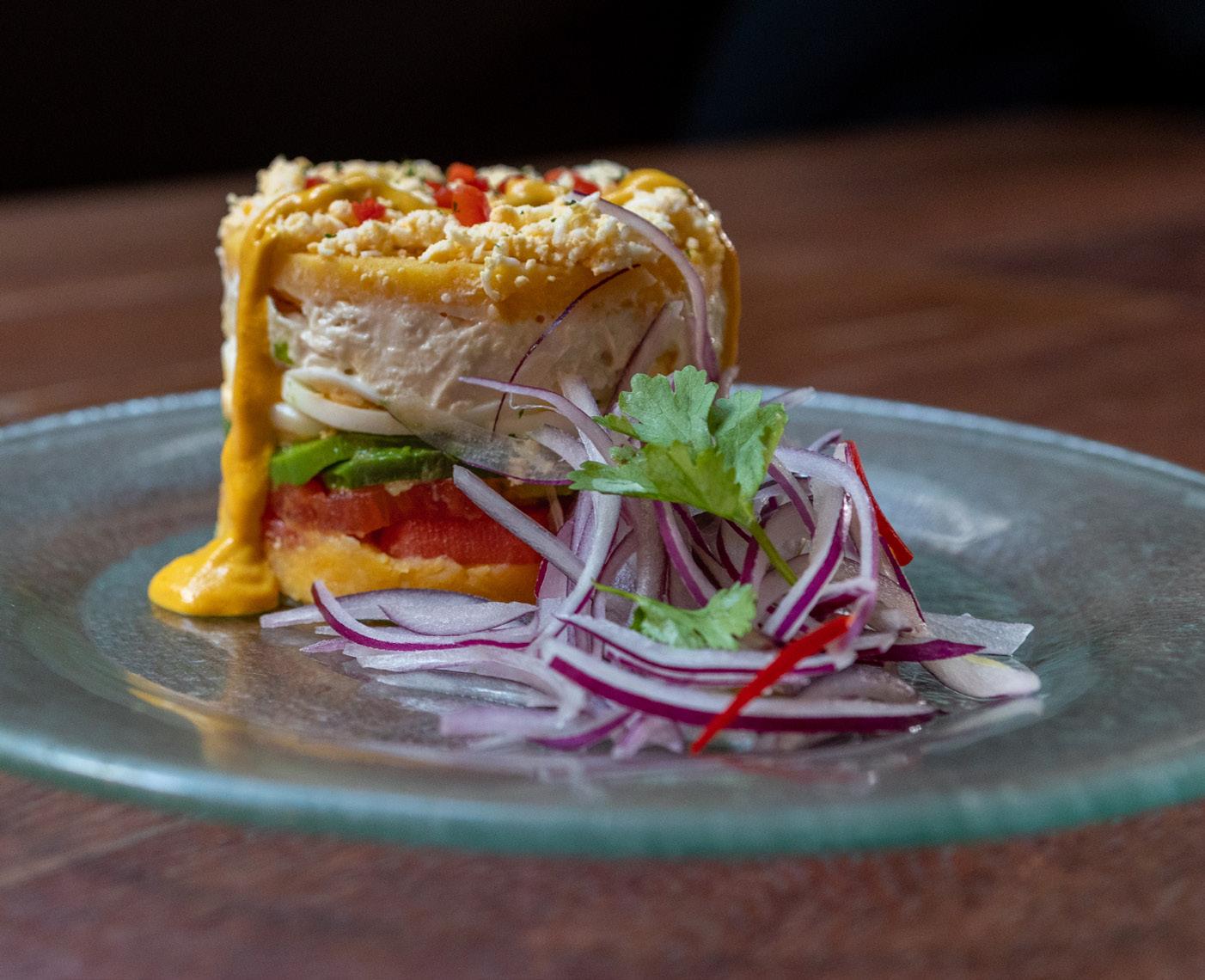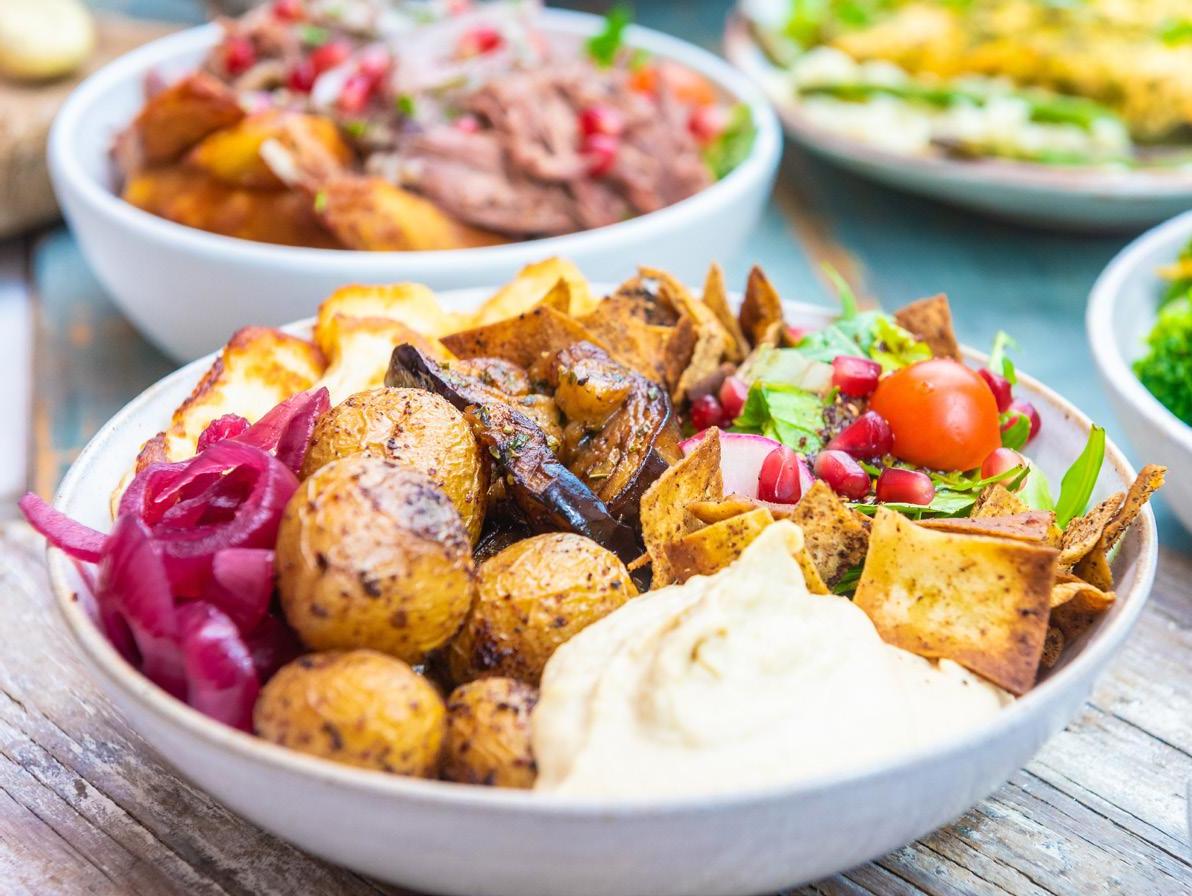
2 minute read
Safe and secure: Consumers in South America are becoming more risk averse and are adopting recessionary shopping habits
Proactive living: Consumers in South America are taking active steps to improve their diets and lifestyles
Over the last couple of decades, lifestyles have changed considerably in South America, especially in urban areas. The middle class has grown significantly, which has resulted in traits such as changing dietary habits and greater levels of inactivity. At the other end of the spectrum, there are consumers who have not managed to take advantage of economic growth in the region, meaning that many still struggle with dayto-day living costs. Irrespective of the type of consumer, there has been increased levels of consciousness towards health in recent years. This has been accelerated over the last twelve months by the COVID-19 crisis, especially as South America has struggled to keep the virus under control.
As consumers re-evaluate their health in a pandemic environment, they are recognising that diets and lifestyles are not as healthy as they should be, which increases the risk of immediate and long-term health problems. Traits such as excessive intake of processed food, increased snacking rates, and more indulgent consumption occasions, combined with less attention to micronutrients, are resulting in increased rates of lifestyle-related health problems such as obesity. In addition, the prevalence of mental wellbeing-related problems is also on the rise in the region, with consumers suffering from poor sleep health, stress, and an inability to relax for a variety of reasons. At the same time, consumers are recognising that this also has a significant impact on their health.
47% 53%
33% 42% 68%
64%
48%
41%
My general health and wellness
My cognitive/ mental health
My digestive health
Source: Personalized nutrition survey, Q3 2020 (3,000 respondents)
My energy levels 66% 78%
9% 20%
My eye health My heart health
Consumers in South America have therefore been making conscious efforts to improve all areas of their physical and cognitive health over the last 12 months, especially as they recognise that all aspects of health are interlinked. However, despite their best intentions, consumers can often struggle to stick to dietary plans. Therefore, obesity rates in the region continue to rise despite more people than ever saying that they are committed to better dietary plans. Adopting a healthier lifestyle is often associated with sacrifice, something that is deemed problematic in the eyes of the consumer.
Brands in South America must respond to this by launching better-for-you options that are deemed to be hassle-free from a taste, affordability, and convenience perspective, so that products can easily be incorporated into daily diets.










